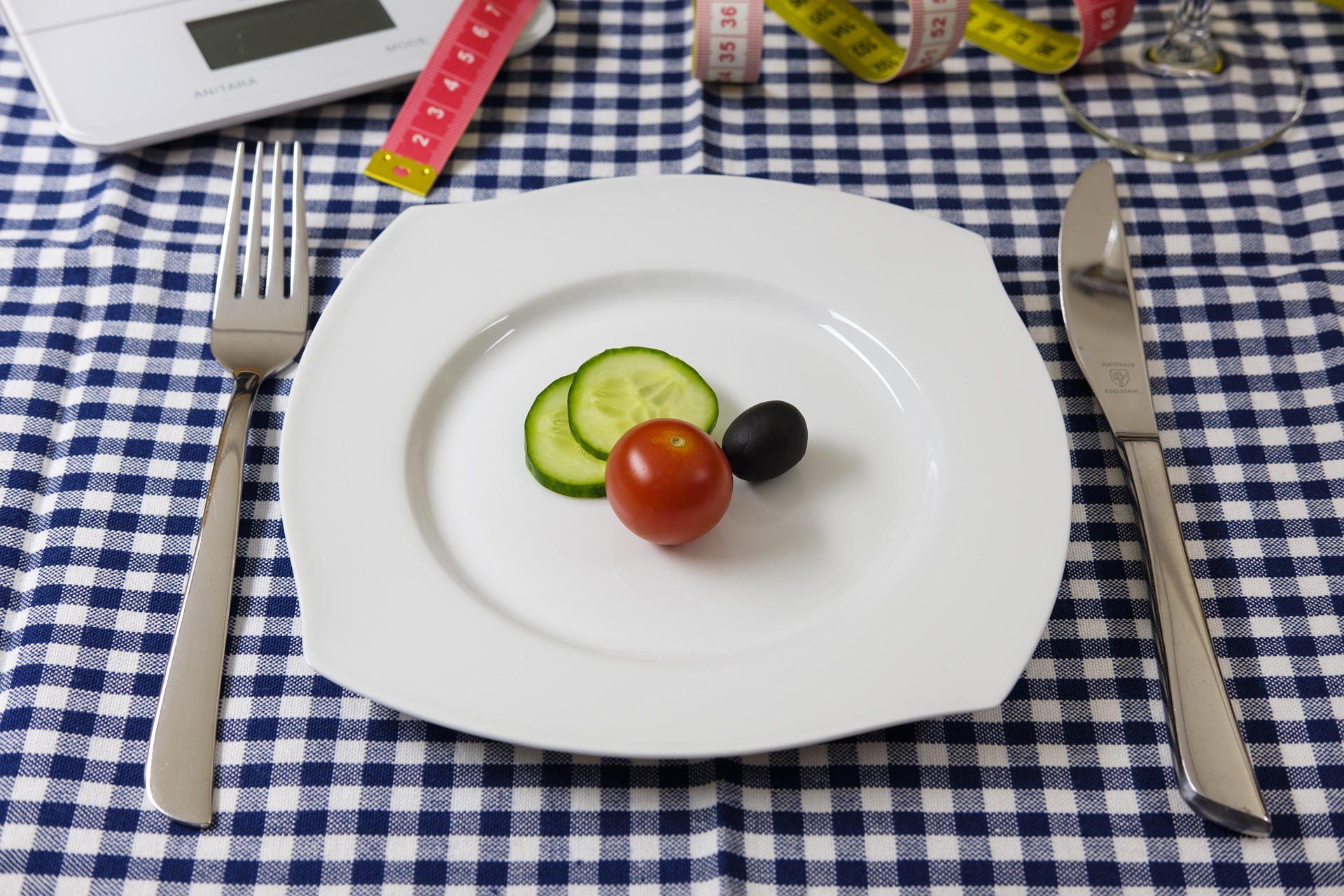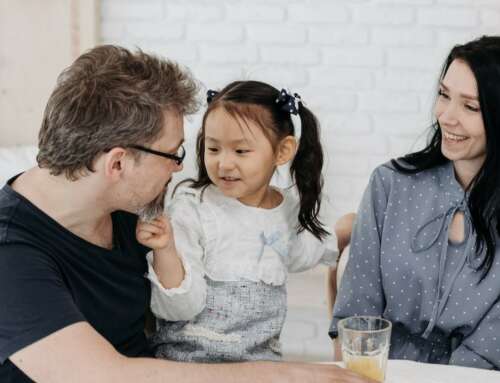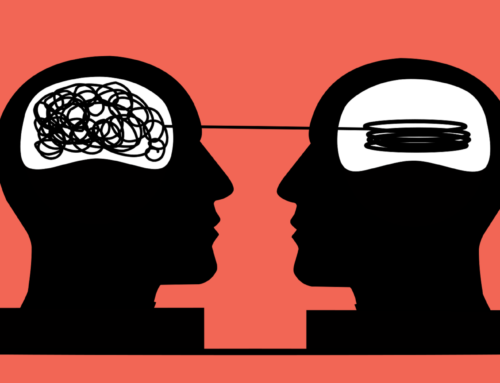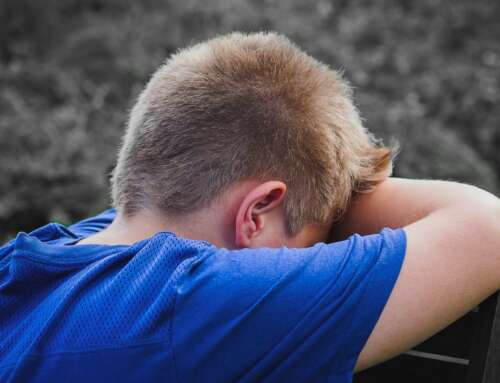Psychological distress in women aged 16-24 is at an all-time high, with record numbers admitting to harming themselves to relieve their distress, according to an alarming study.
Experts say young women are now a “high-risk group” and point to links between mental illness and violence or sexual abuse, and possible pressures from the rise of social media. This has prompted calls from researchers for more funding to protect the nation’s mental health.
The Adult Psychiatric Morbidity survey of mental health and wellbeing, carried out every seven years across England, reveals soaring rates of mental illness among young women, who are suffering from a range of common mental health problems, including depression and anxiety. Despite going to their GP for help, only 20% received treatment in the last 12 months, according to the study.
The statistics from NHS Digital show that more than one in four women aged 16-24 reported symptoms of common mental health conditions the previous week – a rise from 21% when the study was last carried out in 2007. Young women were three times as likely as men to report such symptoms, with rates of 9% among males of the same age, the figures show.
The gender gap in mental illness has become most pronounced in young people. These results were staggering, but similar figures have appeared elsewhere. The figures on self-harm are particularly worrying. The risk is that without alternative, positive coping strategies, illnesses will become long-term and entrenched.
Exposure to violence and abuse was the biggest predictor of mental illness. However, there was evidence that poverty was also a factor and there were possible links to social media, with a “selfie generation” feeling under pressure over their body image.
According to Sally McManus, “I wish we had questions on social media. When I think about this generation now, the biggest change has been in technology. It is not all bad. It can be a good thing – you get access to like-minded people and find different treatment options. But not enough.”
Read more: Young women are now a ‘high-risk group’ for mental illness








Leave A Comment